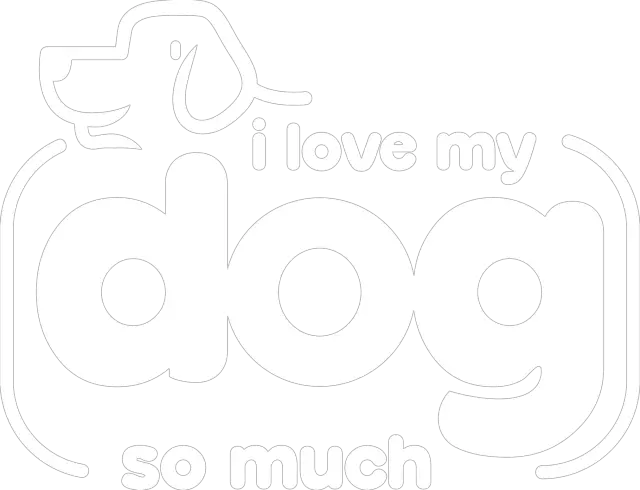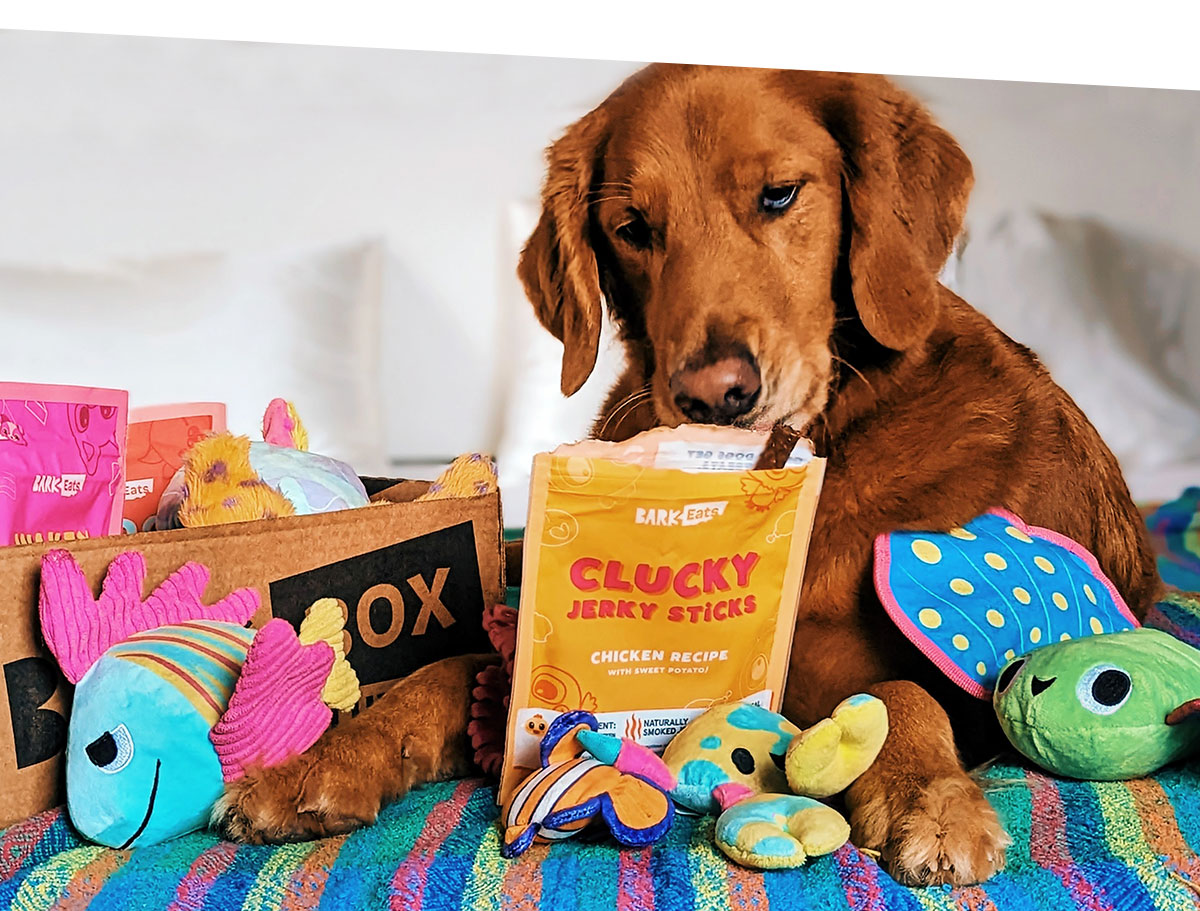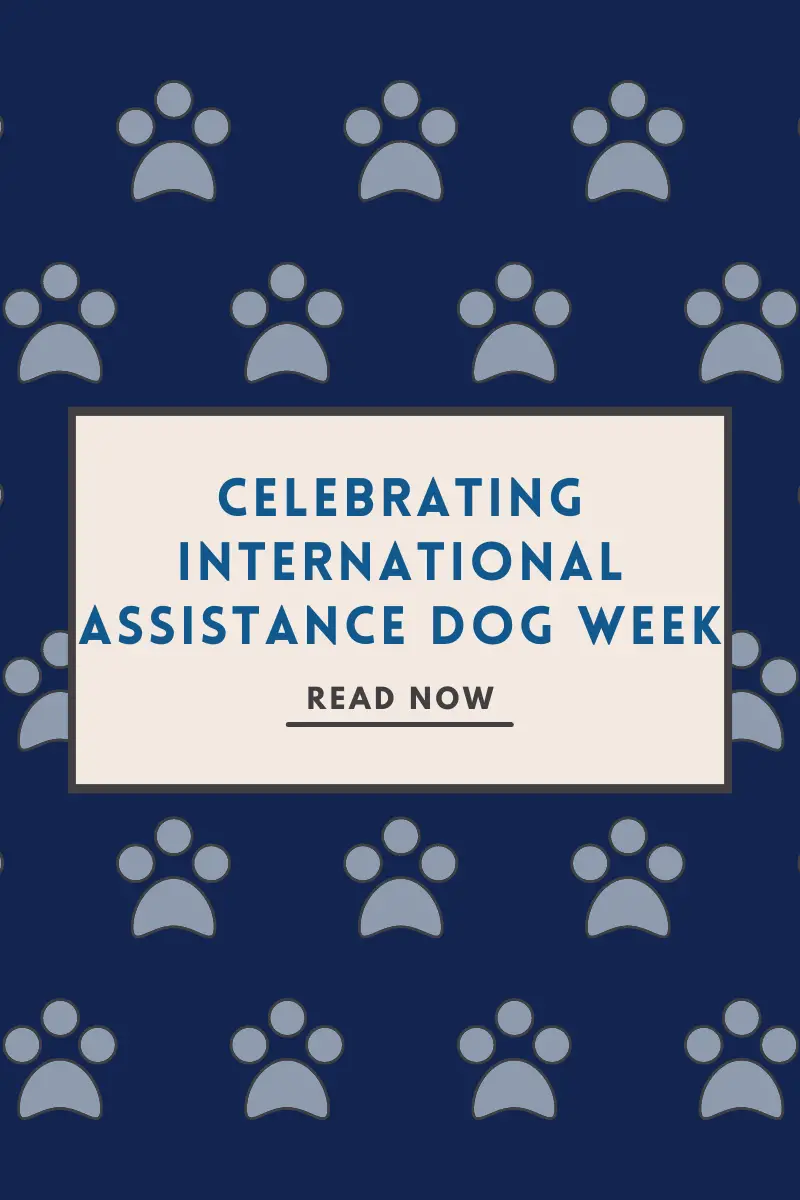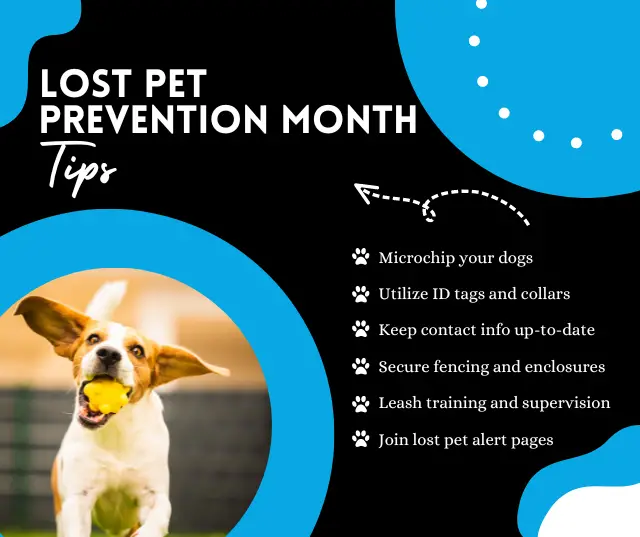Dog owners know that their furry friends are more than just pets – they’re beloved members of the family. As such, we want them to live as long and healthy lives as possible. One crucial factor that can impact a dog’s lifespan is their diet and nutrition. In this blog, we’ll explore the surprising link between dog nutrition and longevity, including what nutrients dogs need, how to choose high-quality dog food, and what dietary choices can help extend your dog’s life.
Part 1: Nutrients Your Dog Needs for Optimal Health and Longevity
Just like humans, dogs require a balanced diet to stay healthy and thrive. In this section, we’ll explore the essential nutrients that dogs need, including:
1. Protein – Protein is a crucial nutrient for dogs, as it provides the building blocks for strong muscles and tissues. However, not all proteins are created equal, and it’s important to choose high-quality protein sources for your dog’s food.
2. Fats – Fats are a crucial source of energy for dogs, and they also help with nutrient absorption and healthy skin and coat. However, too much fat can lead to weight gain and other health problems, so it’s important to choose foods with appropriate fat levels.
3. Carbohydrates – While dogs don’t require carbohydrates in their diet, they can provide a good source of energy and fiber. However, it’s important to choose high-quality carbohydrate sources, such as whole grains or vegetables.
4. Vitamins and Minerals – Just like humans, dogs require a range of vitamins and minerals to stay healthy. These include vitamins A, B, C, D, and E, as well as minerals like calcium, phosphorus, and potassium.
Part 2: Choosing a High-Quality Dog Food
Now that we know what nutrients dogs need, the next step is to choose a high-quality dog food that provides these nutrients in the right proportions. In this section, we’ll explore some key factors to consider when choosing dog food, including:
1. Ingredient Quality – Look for dog food that uses high-quality, whole-food ingredients, rather than cheap fillers or by-products.
2. Nutrient Balance – Make sure the food provides a balanced blend of protein, fat, and carbohydrates, as well as essential vitamins and minerals.
3. Digestibility – A high-quality dog food should be easy for your dog to digest, with few or no digestive issues.
4. Brand Reputation – Do your research to choose a reputable brand that has a good track record for quality and safety.
Part 3: Dietary Choices That Can Extend Your Dog’s Life
Beyond choosing high-quality dog food, some dietary choices can help extend your dog’s life. In this section, we’ll explore some of these choices, including:
1. Homemade Diets – If you have the time and resources, making your dog’s food at home can be a great way to ensure they’re getting the nutrients they need. However, it’s important to consult with a veterinary nutritionist to make sure the diet is balanced and complete.
2. Raw Diets – Raw food diets have become increasingly popular in recent years, with some advocates claiming they can help extend a dog’s lifespan. However, there are risks associated with raw diets, including bacterial contamination and nutritional imbalances.
3. Limited Ingredient Diets – If your dog has food allergies or sensitivities, a limited ingredient diet may be a good choice. These diets are designed to provide a limited number of ingredients, making it easier to identify and avoid problematic foods.
4. Senior Diets – As dogs age, their nutritional needs change, and they may require a different balance of nutrients than younger dogs. Senior dog foods are designed to provide the right blend of nutrients for older dogs, helping to extend their lifespan and improve their quality of life.
Part 4: The Risks of Poor Nutrition for Dogs
We’ve talked a lot about the benefits of good nutrition for dogs, but what are the risks of poor nutrition? In this section, we’ll explore some of the health problems that can arise from a poor diet, including:
1. Obesity – Just like in humans, obesity is a growing problem among dogs, and it can lead to a range of health problems, including diabetes, joint problems, and heart disease.
2. Digestive Issues – Poor-quality dog foods can cause digestive problems, including diarrhea, vomiting, and constipation.
3. Skin and Coat Problems – A poor diet can also impact a dog’s skin and coat, leading to dryness, itching, and other problems.
4. Dental Issues – Poor-quality diets can contribute to dental problems like gum disease and tooth decay.
Part 5: Tips for Feeding Your Dog for Longevity
Now that we’ve explored the importance of good nutrition for dogs, let’s look at some practical tips for feeding your dog for longevity:
1. Choose a high-quality dog food that provides balanced nutrition and is made from high-quality ingredients.
2. Be mindful of your dog’s calorie needs and adjust their food intake accordingly to maintain a healthy weight.
3. Incorporate healthy treats into your dog’s diet, such as fresh fruits and vegetables.
4. Avoid feeding your dog table scraps or human food, as these can be high in fat and salt and may not provide the right balance of nutrients.
5. Consult with a veterinarian or veterinary nutritionist to determine the best diet for your dog’s individual needs.
In conclusion, the link between dog nutrition and longevity is clear – a high-quality, balanced diet can help your dog live a longer, healthier life. By understanding the essential nutrients your dog needs, choosing high-quality dog food, and making smart dietary choices, you can help ensure that your furry friend enjoys a happy, healthy life for years to come.









